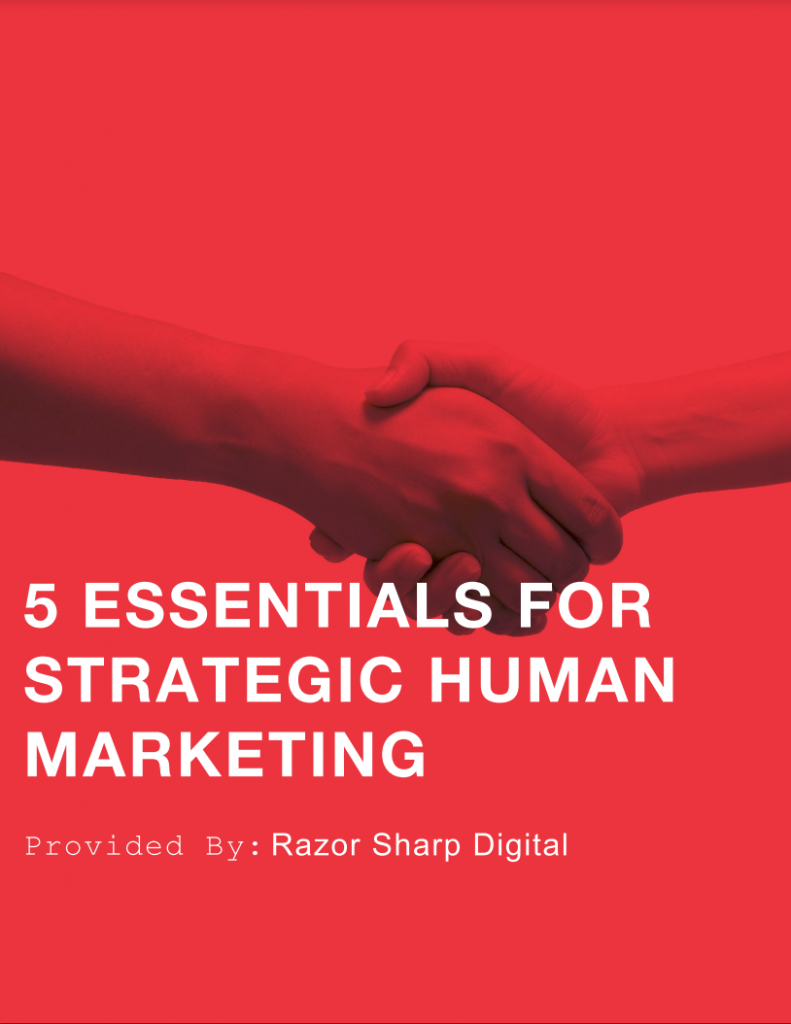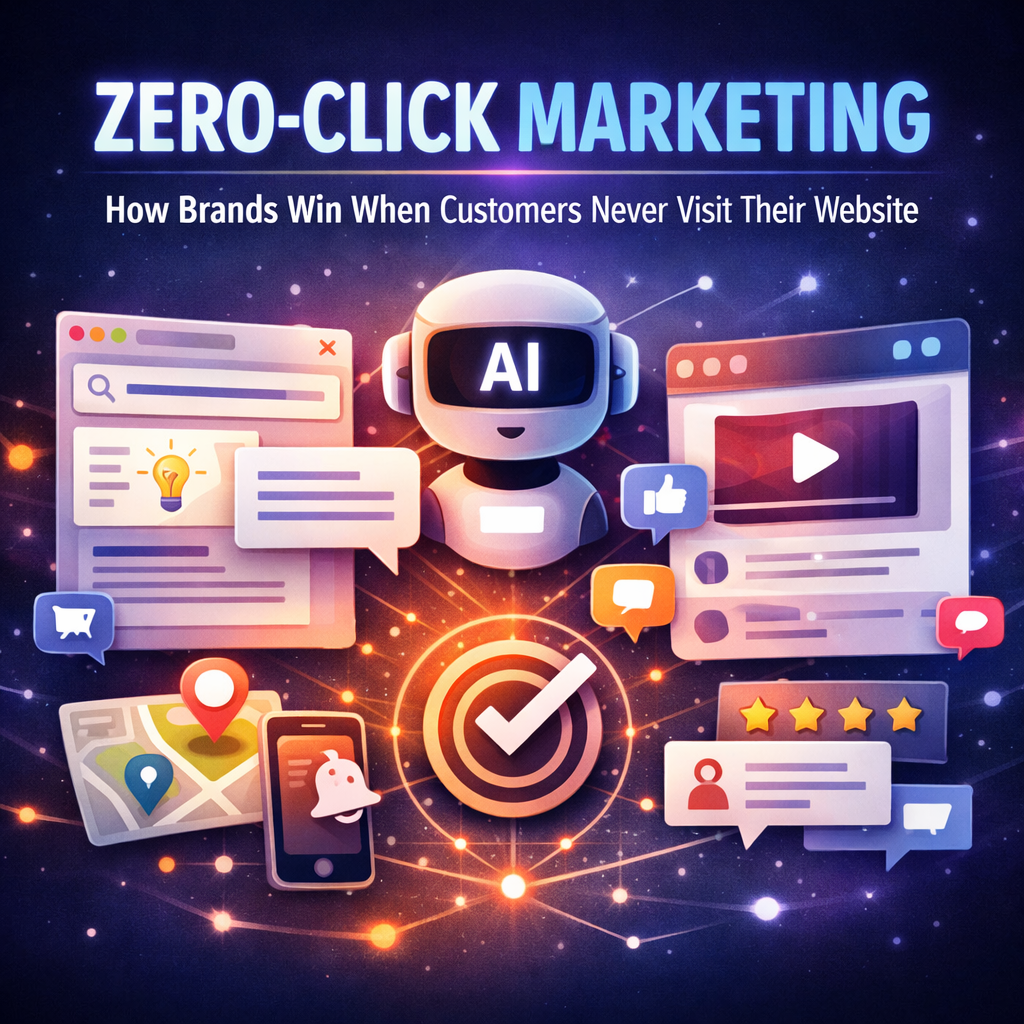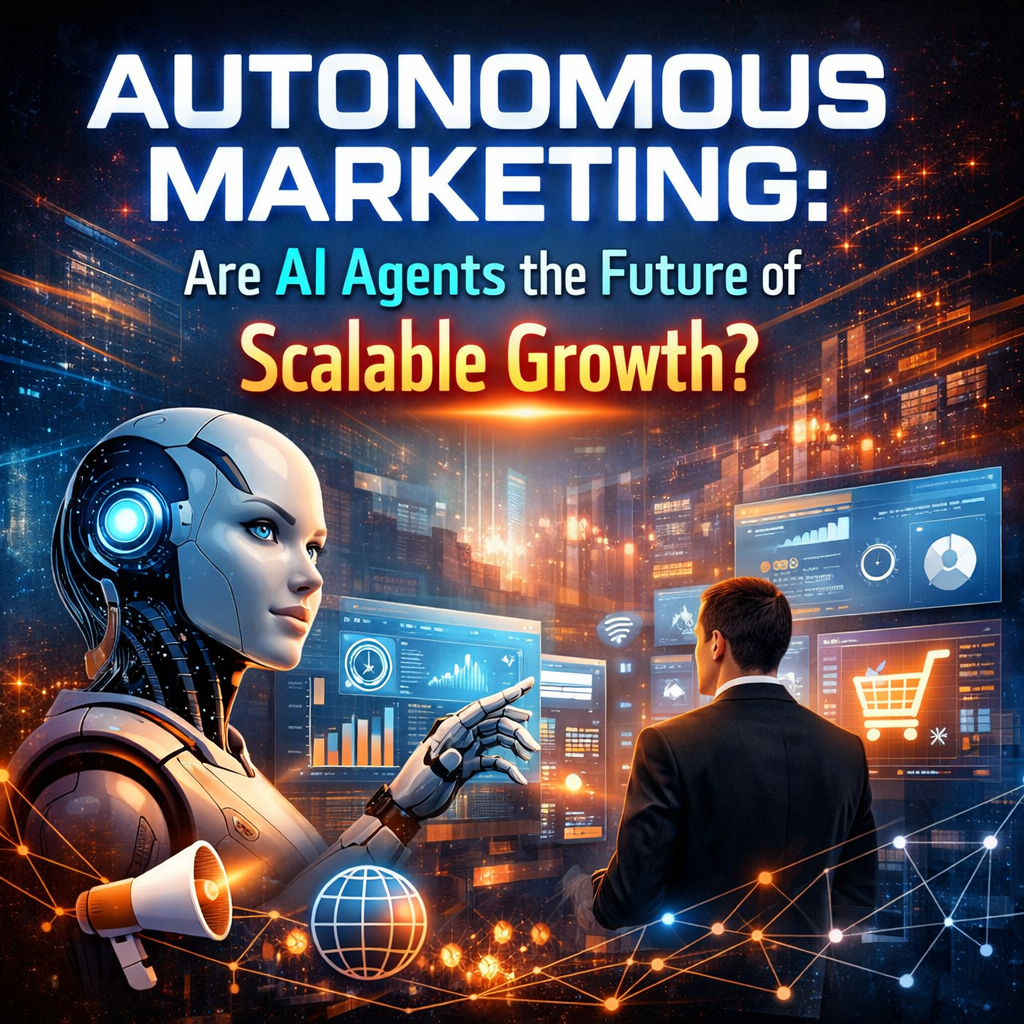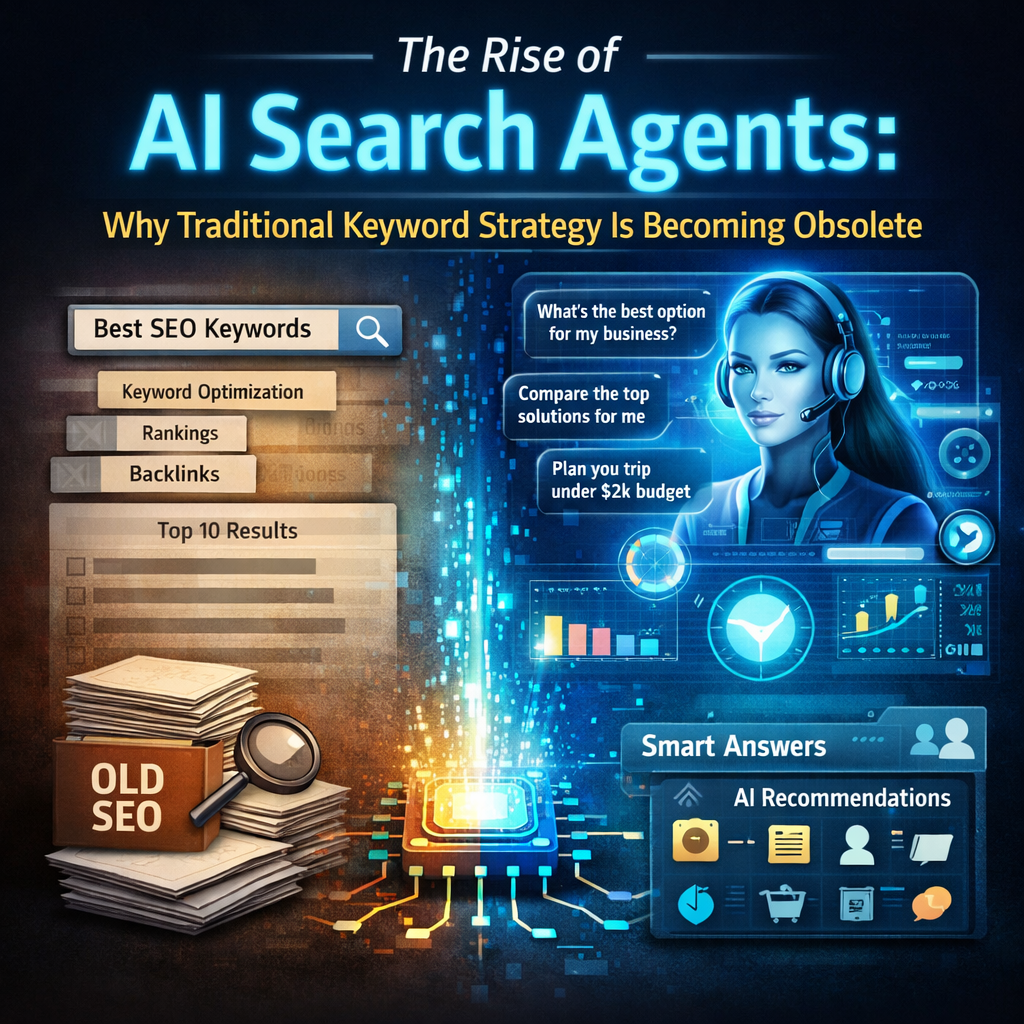The Evolution: From Algorithms to Emotions
For years, AI in marketing was primarily about automation and efficiency:
Now, we’re entering the next phase: emotional AI. Advances in natural language processing, computer vision, and voice recognition allow AI to interpret tone, sentiment, and even facial expressions. Instead of just measuring what customers do, AI is starting to understand how they feel.
Sentiment Analysis as a New Marketing Currency
Sentiment analysis tools powered by AI can scan reviews, comments, and conversations across platforms. Rather than simply categorizing feedback as “positive” or “negative,” modern AI understands nuance: sarcasm, humor, frustration, or excitement.
For marketers, this means:
Real-time brand health tracking across social media and forums.
Adaptive messaging that shifts tone depending on emotional context.
Proactive engagement when AI detects early signs of dissatisfaction.
Emotional AI in Customer Experience
Imagine a chatbot that doesn’t just answer questions but also recognizes frustration in a customer’s voice and escalates the issue to a human agent. Or an e-commerce platform that adjusts product recommendations based not only on past purchases but also on the user’s current mood.
Brands experimenting with emotional AI are already seeing stronger loyalty because customers feel seen and heard.
Balancing Machine Efficiency with Human Empathy
While AI can process vast amounts of data, it still requires human oversight to ensure ethical and empathetic outcomes. Marketing leaders must:
Train AI models with diverse, unbiased datasets.
Establish guidelines for when to hand off to humans.
Use AI insights to empower—not replace—human creativity.
The sweet spot lies in AI + Human collaboration: machines scale insights, humans bring compassion.
What This Means for Digital Marketing Strategy
Personalization will get deeper. Expect campaigns that adapt not only to customer demographics but also to emotional states.
Content will resonate more. Copy, visuals, and timing will be informed by real-time emotional signals.
Trust will matter more than ever. Customers will quickly detect when “AI empathy” feels fake. Authenticity remains key.
Conclusion
The future of marketing isn’t just about sharper algorithms—it’s about deeper human connection. As AI evolves into an emotional intelligence partner, brands that embrace empathy will stand out. The marketers who thrive won’t just master data—they’ll master emotion.









